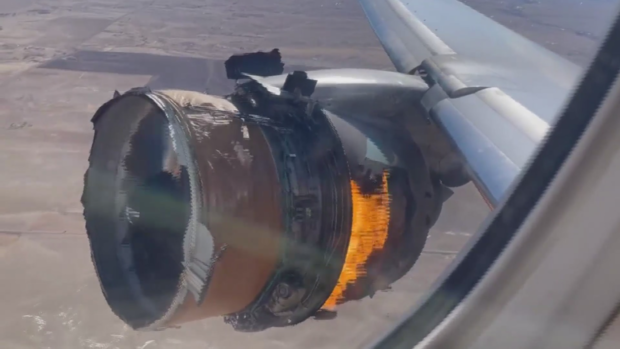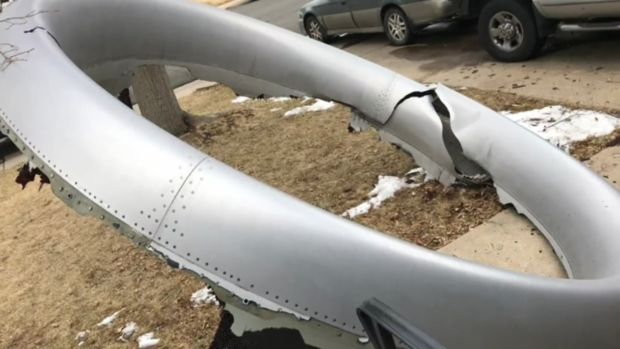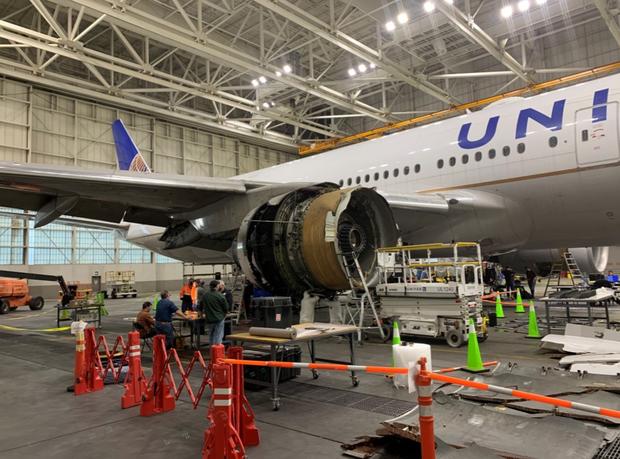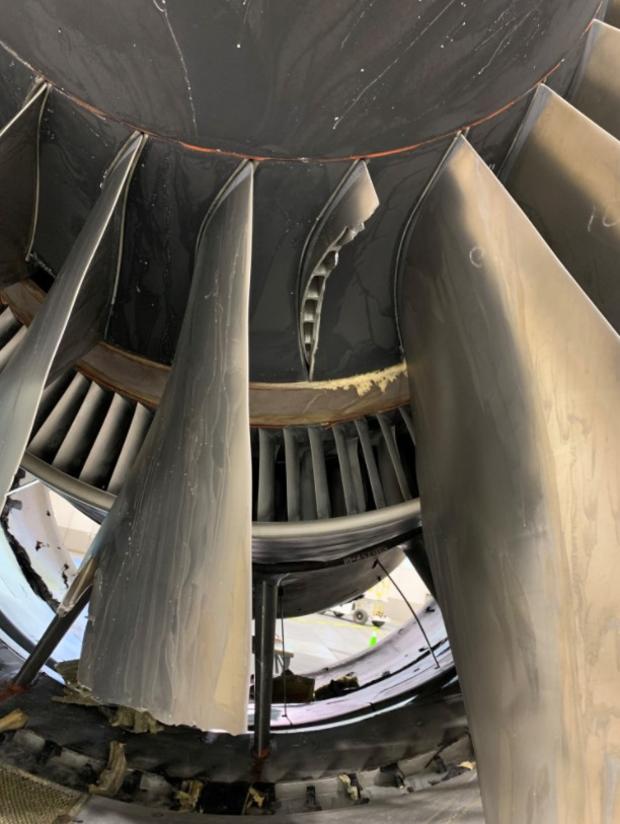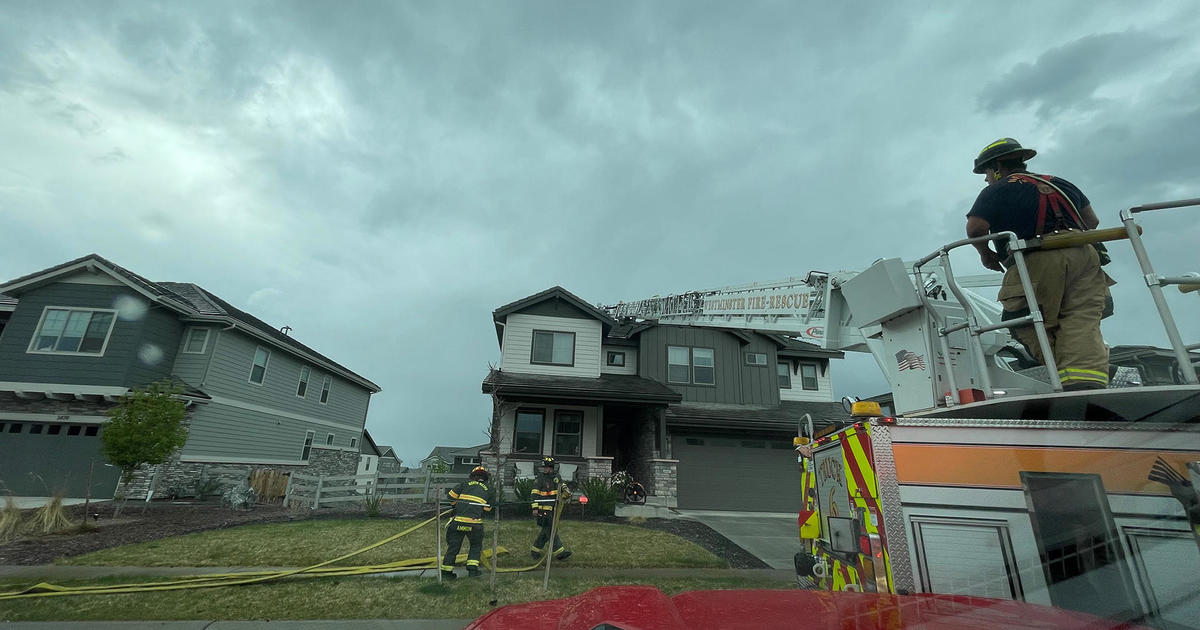FAA Orders Inspections Of Planes With Same Engine That Exploded Mid-Air Over Broomfield
(CBS4) - The Federal Aviation Administration issued an Emergency Airworthiness Directive on Tuesday night after the engine of a United Airlines flight exploded over Broomfield on Saturday. FAA Administrator Steve Dickson directed aviation experts to begin work on the directive on Sunday.
The directive requires requires U.S. operators of airplanes equipped with certain Pratt & Whitney PW4000 engines to inspect these engines before further flight. The same engine on United Airlines Flight 328 exploded mid-air on Saturday and sent debris free-falling onto neighborhoods and parks.
"The FAA is taking this action as the result of a fan-blade failure that occurred Saturday on a Boeing 777-200 that had just departed from Denver International Airport. Although the aircraft landed safely, the failure resulted in damage to the engine, an in-flight engine fire, and damage to the airplane," the directive states.
More than 200 passengers were on board Saturday's flight, but nobody was hurt on the plane or on the ground. The plane returned safely to Denver International Airport about 20 minutes after takeoff.
Investigators with the National Transportation Safety Board believe metal fatigue played a role in the engine explosion. NTSB Chairman Robert Sumwalt says there was a loud bang and vibrations coming from engine number 2 about four minutes after takeoff.
The NTSB determined two blades in the engine broke; one fractured at the base where it meets the hub, and the second fractured about mid-way. Investigators said the first blade caused "overload damage" to the second blade.
As part of the directive, the FAA will require a thermal acoustic image inspection of the large titanium fan blades located at the front of each engine. The technology can detect cracks on blades that cannot be found during a visual inspection.
Previously, providers were required to inspect this engine every 6,500 flights. According to the FAA, United Airlines is the only U.S. carrier to use the engine. United said they have a total of 52 of these aircraft – 28 of which are in storage.
United Airlines released the following statement on Sunday about its decision to remove Boeing 777 aircraft:
"Starting immediately and out of an abundance of caution, we are voluntarily and temporarily removing 24 Boeing 777 aircraft powered by Pratt & Whitney 4000 series engines from our schedule. Since yesterday, we've been in touch with regulators at the NTSB and FAA and will continue to work closely with them to determine any additional steps that are needed to ensure these aircraft meet our rigorous safety standards and can return to service. As we swap out aircraft, we expect only a small number of customers to be inconvenienced.
Safety remains our highest priority – for our employees and our customers. That's why our pilots and flight attendants take part in extensive training to prepare and manage incidents like United flight 328. And we remain proud of their professionalism and steadfast dedication to safety in our day to day operations and when emergencies like this occur."
To read the full FAA directive, click here.
